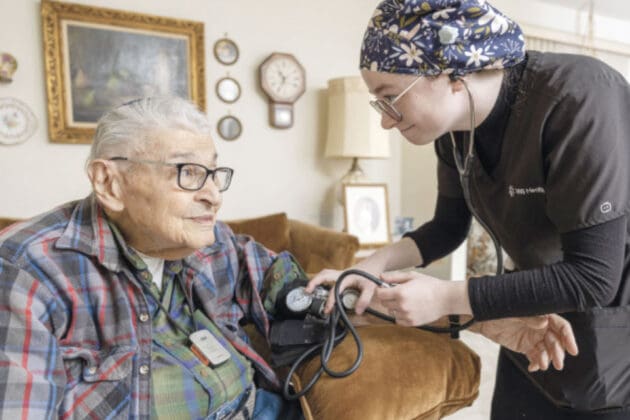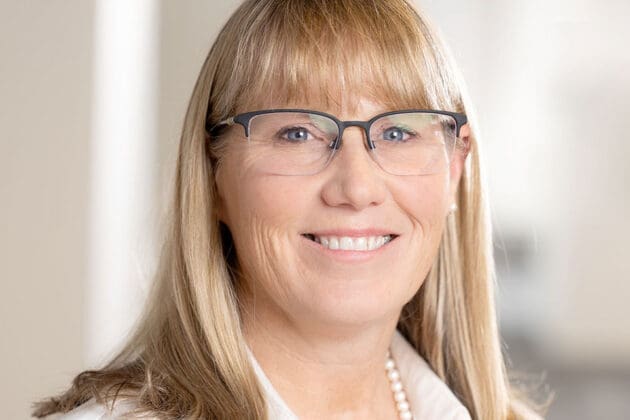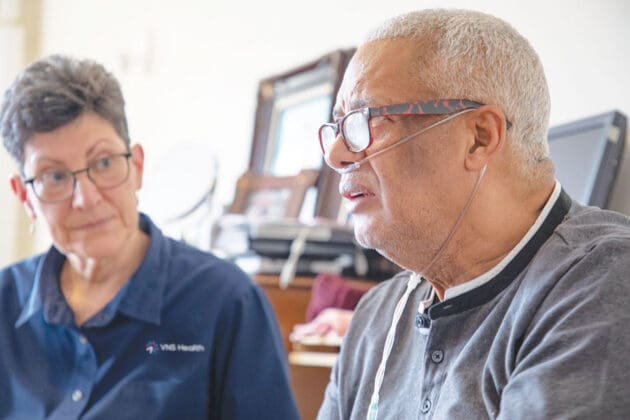
For individuals working to overcome a substance use disorder (SUD), the road to recovery often involves multiple relapses, which typically lead to hospitalizations or trips to the emergency room. Now, a new program from the VNS Health Behavioral Health team offers health plans across New York State a way to disrupt this “revolving door” pattern of admissions and readmissions through its array of care management services aimed at keeping plan members’ recovery process on track.
To be eligible for the voluntary program, a health plan member must have experienced multiple SUD-related hospitalizations over a short time. VNS Health works closely with inpatient discharge teams to assess each eligible plan member and determine the appropriate level of support for their individual situation. The program staff will then closely manage the member’s care for up to nine months, with the possibility of adding more time as needed.
“We try to engage our clients in an inpatient setting first,” notes Manisha Vijayaraghavan, Vice President, VNS Health Behavioral Health Programs. “They’re typically referred to us by hospital providers who have seen them in crisis, which is key—because members are more likely to accept our services in that setting. Then once they’re back home we assign them a care manager, we escort them to their appointments, we make sure they have enough food—we do whatever is needed to keep them from ending up back in the hospital or the ER, and we do it without judgment.”
“Our team members know how to engage these individuals and play an active part in the process, versus simply prescribing what needs to be done,” says Jessica Fear, Senior Vice President of VNS Health Behavioral Health. “At the same time, we’re able to leverage the significant resources and connections we have as a large organization, in order to help people navigate a healthcare system that can be very fragmented.”
Fear also notes that while these case management services are vitally important on a human level, they also offer potential financial benefits for health plans that implement them. “The most recent study found that in the U.S., individuals with under-managed SUD conditions account for over $13 billion annually in additional medical expenses,” she explains. “So, if a health plan is able to effectively manage this population’s care, they stand to realize substantial savings. Our program can help them do that.”


